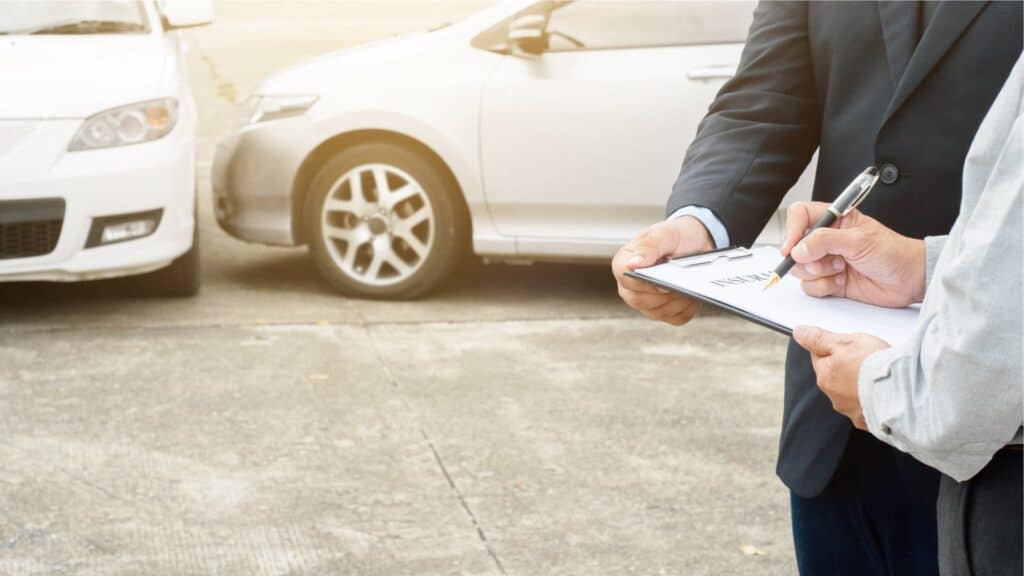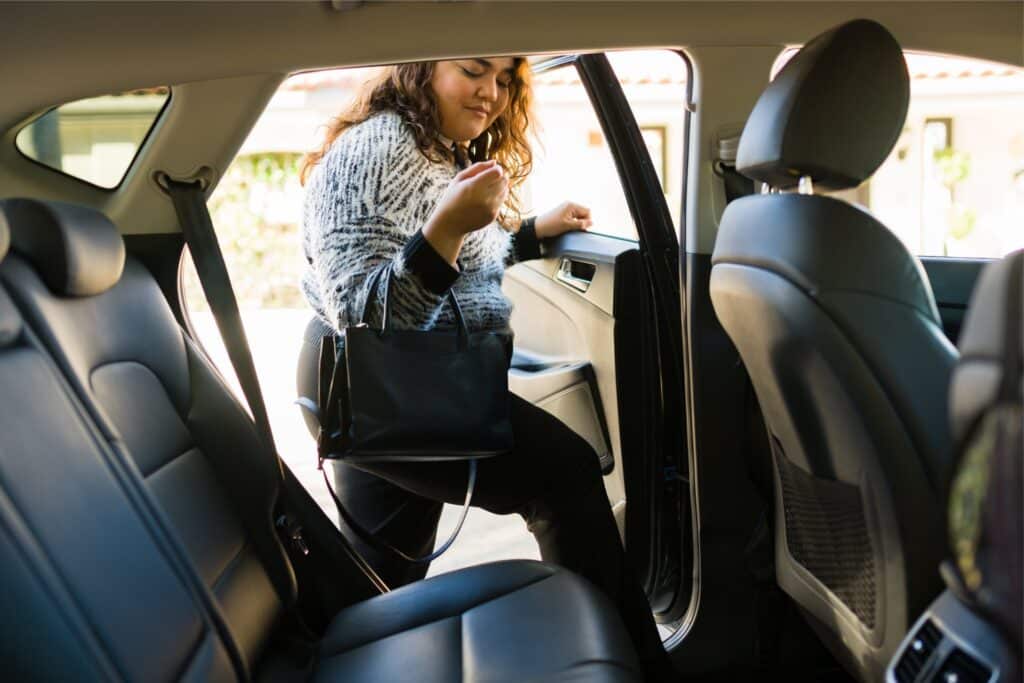
But how well regulated is the ride-share industry? How safe are the cars?
Consumer Reports recently reviewed data collected from New York City and Seattle that found roughly 1 in 6 ride-share cars used by Uber and Lyft have unaddressed safety defects.
William Wallace, a Consumer Reports safety policy advocate, knows how this issue can put rideshare users at risk and hurt consumer trust.
“Uber’s website says people can ‘ride with confidence,’ while Lyft promises ‘peace of mind,’ yet both companies fail to ensure that rideshare cars are free from safety defects that could put passengers at risk,” he said.
ID’ing hazardous rideshare cars
Consumer Reports investigated this matter by reviewing the safety records for roughly 94,000 cars in rideshare operation throughout New York City, King County, and Washington State.
Out of the vehicles identified, approximately 15,175 (16.2%) were found to have one or more open safety recalls. Twenty-five of those cars were found to have at least five unaddressed recalls.
Consumer Reports identified open recalls by running the vehicle identification numbers (VINs) on all rideshare cars through an app developed by Carfax.
Some of the defects found include, but were not limited to:
- Dangerous Takata airbags that could injure or kill drivers or front-passengers. Defective Takata airbags are responsible for 24 fatalities worldwide, including 16 in the United States. Approximately 1,274 of the vehicles cited in the review are equipped with these airbags.
- Defects in the engine that could cause a car to stall
- Defects that could cause a fire
While Uber and Lyft are taking minimal actions to address safety recalls, Consumer Reports states that they may not be doing enough. In turn, this could potentially put rideshare users in danger.
In many cities, Uber and Lyft only require that the cars used with their service be legally registered and are no more than 10-15 years old.
Uber and Lyft reportedly address this issue by encouraging drivers to have open recalls fixed. In addition, both companies claim to block the use of any cars with dangerous open recalls with “DO NOT DRIVE” warnings from either the manufacturer or the National Highway Traffic Safety Administration (NHTSA).
According to Consumer Reports, those vehicles only account for a small fraction of rideshare cars with open recalls.
What to do if you’ve been injured in a crash with a rideshare car
If you or a loved one was hurt in a crash involving a rideshare car, speak to an experienced Portland car accident attorney to find out which legal options are available to you.
The attorneys at Zbinden & Curtis Attorneys at Law have over 30 years of experience representing injured motorists, bicyclists, pedestrians, and other road users.
We’ll find out who was responsible for your crash and fight to hold them accountable. Contact us today to schedule your free case evaluation.
This entry was posted on Wednesday, July 31st, 2019 at 2:56 pm and is filed under Car Accidents. You can follow any responses to this entry through the RSS 2.0 feed. You can leave a response, or trackback from your own site.









